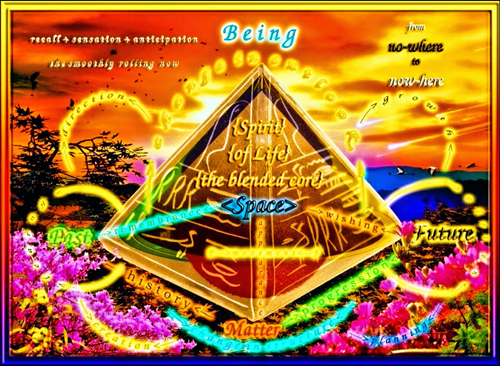Re: Who am.'I'?
Posted: December 6th, 2021, 4:12 pm
@Pattern-chaser
It may be possible to know aspects of self beyond the conscious; but, obviously, not the completely unconscious, and there may be a spectrum. Perhaps, twilight states because wake and sleep offer some picture of this, including sleep and borderline sleep experiences. It may be worth noting that in most instances the person has a continuous sense of identity within dreams, of being self and body. I have some dreams in which I get out of my body but still retain the sense of 'I'. Buddhists often speak of ego consciousness as being illusory in some ways, but even if, in some senses, ego consciousness is illusory; it is the very basis of human identity as we know it. Without the 'I' of ego awareness it would be like swimming in a great pool of liquid experience or mind jelly.
It may be possible to know aspects of self beyond the conscious; but, obviously, not the completely unconscious, and there may be a spectrum. Perhaps, twilight states because wake and sleep offer some picture of this, including sleep and borderline sleep experiences. It may be worth noting that in most instances the person has a continuous sense of identity within dreams, of being self and body. I have some dreams in which I get out of my body but still retain the sense of 'I'. Buddhists often speak of ego consciousness as being illusory in some ways, but even if, in some senses, ego consciousness is illusory; it is the very basis of human identity as we know it. Without the 'I' of ego awareness it would be like swimming in a great pool of liquid experience or mind jelly.
